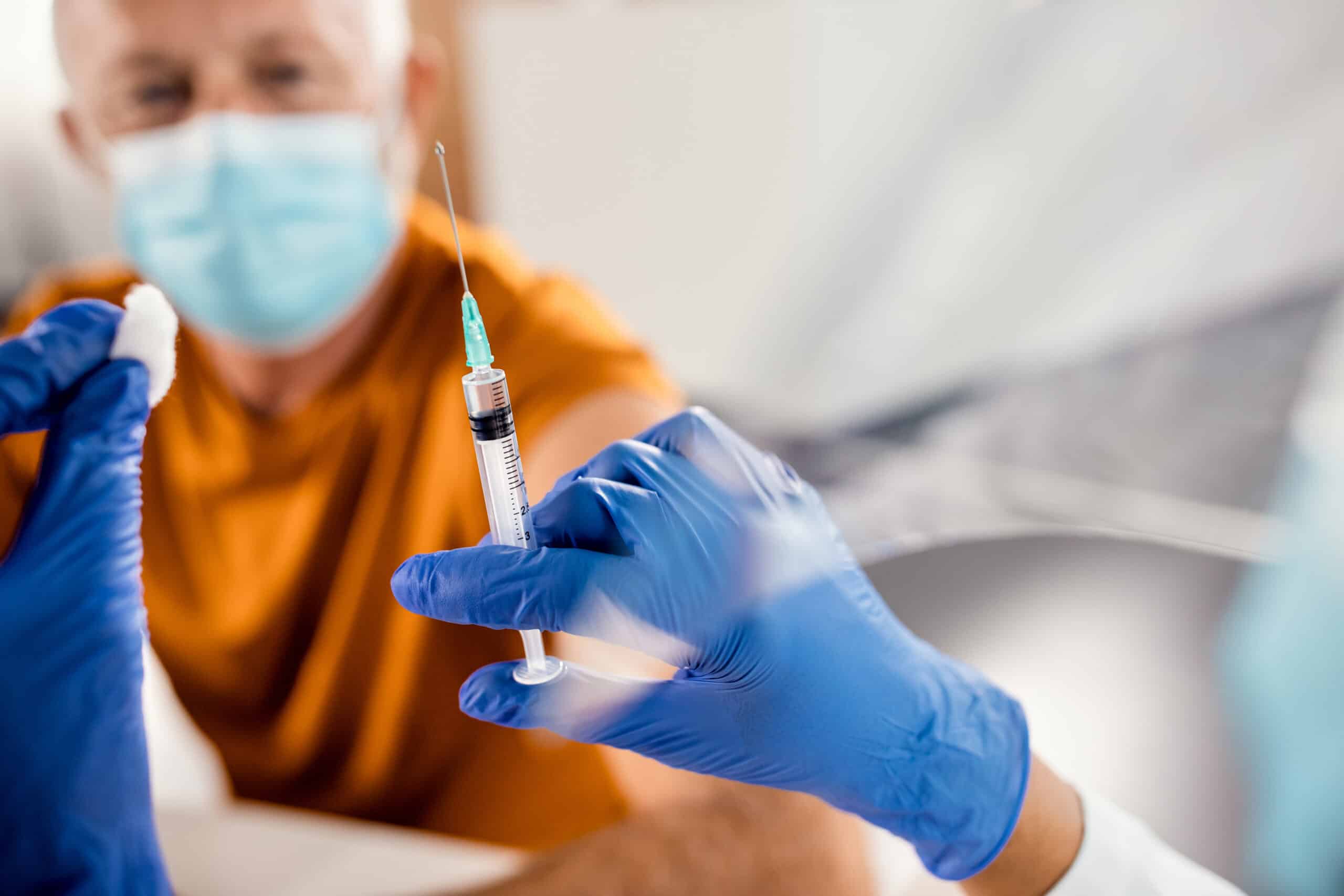ONLINE SCHEDULING AND VIRTUAL CONSULTS AVAILABLE

Complete Guide To Important Adult Dental Routine

Welcome to our blog post on the complete adult dental routine at home! Taking care of your teeth and gums is essential for maintaining a healthy smile and preventing oral health issues. Whether you already have a solid dental routine or are looking to improve your habits, this guide will provide you with all the information you need. From regular exams and cleanings to fillings, crowns, bridges, and dentures – we’ve got you covered. So grab your toothbrushes and let’s dive into the world of adult dental care!
Exam
Regular dental exams are a crucial part of maintaining good oral health. When you visit your dentist for an exam, they will thoroughly assess the condition of your teeth and gums. This involves checking for any signs of decay, cavities, gum disease, or other issues that may require attention.
During the exam, your dentist may use various tools like a mirror and probe to examine each tooth individually. They will also inspect your gums for any signs of inflammation or bleeding. X-rays may be taken to get a more comprehensive view of your oral health.
One important aspect of the dental exam is screening for oral cancer. Your dentist will carefully examine your mouth and throat for any abnormalities such as lumps or sores that could indicate potential concerns.
If any issues are detected during the examination, your dentist will discuss treatment options with you. It’s important to address these problems promptly to prevent further damage and maintain optimal oral health.
Remember, regular dental exams not only help catch problems early on but also serve as an opportunity to receive guidance on proper brushing and flossing techniques tailored specifically to you! So don’t skip those check-ups – prioritize your dental health today!
Cleaning
Cleaning is an essential part of maintaining good oral hygiene. It helps remove plaque and tartar buildup, which can lead to various dental problems if left untreated. Regular brushing and flossing are the foundation of a proper cleaning routine.
Brushing your teeth at least twice a day using fluoride toothpaste is crucial for removing food particles and bacteria from the surfaces of your teeth. Be sure to use gentle, circular motions and pay attention to all areas, including the front, back, and chewing surfaces.
Flossing should be done once a day to clean between the teeth where a toothbrush cannot reach. This helps eliminate plaque buildup in those hard-to-reach areas. Use about 18 inches of floss, wrap it around your fingers, and gently slide it between each tooth in a sawing motion.
In addition to regular brushing and flossing, consider using mouthwash as part of your cleaning routine. Mouthwash can help kill bacteria that cause bad breath while also freshening up your breath.
It’s important to remember that even with diligent at-home cleaning practices; professional dental cleanings are still necessary. A dentist or dental hygienist has specialized tools they use during cleanings that can effectively remove stubborn plaque and tartar.
Maintaining a consistent cleaning routine will not only keep your smile looking its best but also help prevent cavities, gum disease, and other dental issues down the road! So make sure you prioritize these simple yet effective steps in your adult dental routine at home
Fillings
Fillings are a common dental procedure that many adults may need at some point in their lives. Whether it’s due to tooth decay or damage, fillings can help restore the health and function of your teeth.
The first step in getting a filling is for your dentist to examine your tooth. They will use X-rays and other tools to determine the extent of the damage and decide if a filling is necessary.
Once it’s determined that you need a filling, your dentist will begin by numbing the area around the tooth with local anesthesia. This ensures that you won’t feel any pain during the procedure.
Next, your dentist will remove any decayed or damaged parts of the tooth using special tools. Once all the decay has been removed, they will clean out the area thoroughly to ensure no bacteria remain.
After cleaning, your dentist will apply a dental material called composite resin to fill in the cavity left by the decay. This material is carefully shaped and molded to match the natural shape and color of your tooth.
Once the filling material has hardened, your dentist will polish it to blend seamlessly with your other teeth. The result is a restored tooth that looks and functions just like before.
Getting fillings as part of an adult dental routine is essential for maintaining oral health. By addressing cavities early on through fillings, you can prevent further damage and potential complications down the line
Crowns And Bridges
Crowns and bridges are dental restorations that can help improve the appearance and function of your teeth.
A crown is a tooth-shaped cap that is placed over a damaged or decayed tooth to restore its shape, size, strength, and appearance. It can be made from materials such as porcelain, metal alloy, or a combination of both.
Bridges, on the other hand, are used to replace one or more missing teeth by bridging the gap between adjacent teeth. They consist of two crowns attached to either side of an artificial tooth (pontic) in the middle.
Both crowns and bridges require multiple visits to the dentist for preparation and placement. During your initial visit, your dentist will examine your teeth and take impressions to create custom-made crowns or bridges that fit perfectly in your mouth.
Once ready, the crowns or bridges will be permanently cemented into place using dental adhesive. With proper care and maintenance including regular brushing, flossing, and check-ups with your dentist every six months – crowns and bridges can last for many years.
If you have damaged or missing teeth, consider discussing with your dentist whether crowns or bridges could be suitable options for restoring your smile!
Dentures
Dentures are a common dental solution for adults who have lost all or some of their teeth. They are removable prosthetic devices that can help restore your smile and improve your ability to eat and speak.
Getting dentures is typically a multi-step process that involves several visits to the dentist. First, your dentist will take impressions of your mouth to create custom-fit dentures. These impressions ensure that your dentures will fit comfortably and securely in place.
Once your dentures are ready, you’ll need to learn how to properly care for them. This includes cleaning them daily with a soft toothbrush or denture brush and using a mild cleanser specifically designed for denture care. It’s important not to use regular toothpaste on your dentures as it can be too abrasive and damage the material.
It’s also crucial to remove your dentures at night while you sleep, allowing the gums and dentures time to rest. Soaking them in water or a special soaking solution overnight helps keep them clean and prevents bacteria from accumulating.
Regular Dental Check-ups
Regular check-ups with your dentist are essential when you have dentures. Your dentist will examine both your oral tissues as well as the fit of your dentures, making any necessary adjustments or repairs if needed.
Remember, proper maintenance and care of your dentures will prolong their lifespan and ensure they continue functioning effectively in restoring both aesthetics and functionality to your smile!
Maintaining a complete adult dental routine at home is crucial for achieving optimal oral health. By following these steps – regular exams, thorough cleanings, timely fillings, and proper care for crowns, bridges, and dentures – you can ensure the longevity of your teeth and gums.
Remember to make an appointment with your dentist every six months for a comprehensive exam. This allows them to detect any issues early on and provide appropriate treatment. Daily brushing and flossing are essential in preventing plaque buildup and reducing the risk of cavities and gum disease.
Additionally, be mindful of what you eat and drink, as certain foods can contribute to tooth decay. Limit sugary snacks and beverages that erode enamel over time. Opt for a balanced diet rich in fruits, vegetables, lean proteins, and dairy products that promote healthy teeth.
By incorporating these practices into your daily adult dental routine along with regular professional dental care visits, you can maintain excellent oral hygiene throughout adulthood. Remember that prevention is key when it comes to dental health!
So start today by scheduling your next dental check-up or cleaning! Taking proactive steps towards maintaining good oral health will not only benefit your smile but also contribute positively to your overall well-being. Your future self will thank you for investing in a healthy mouth!
Stay committed to practicing good oral hygiene habits because caring for your teeth now means enjoying strong teeth later in life. Take control of your dental health journey today!




